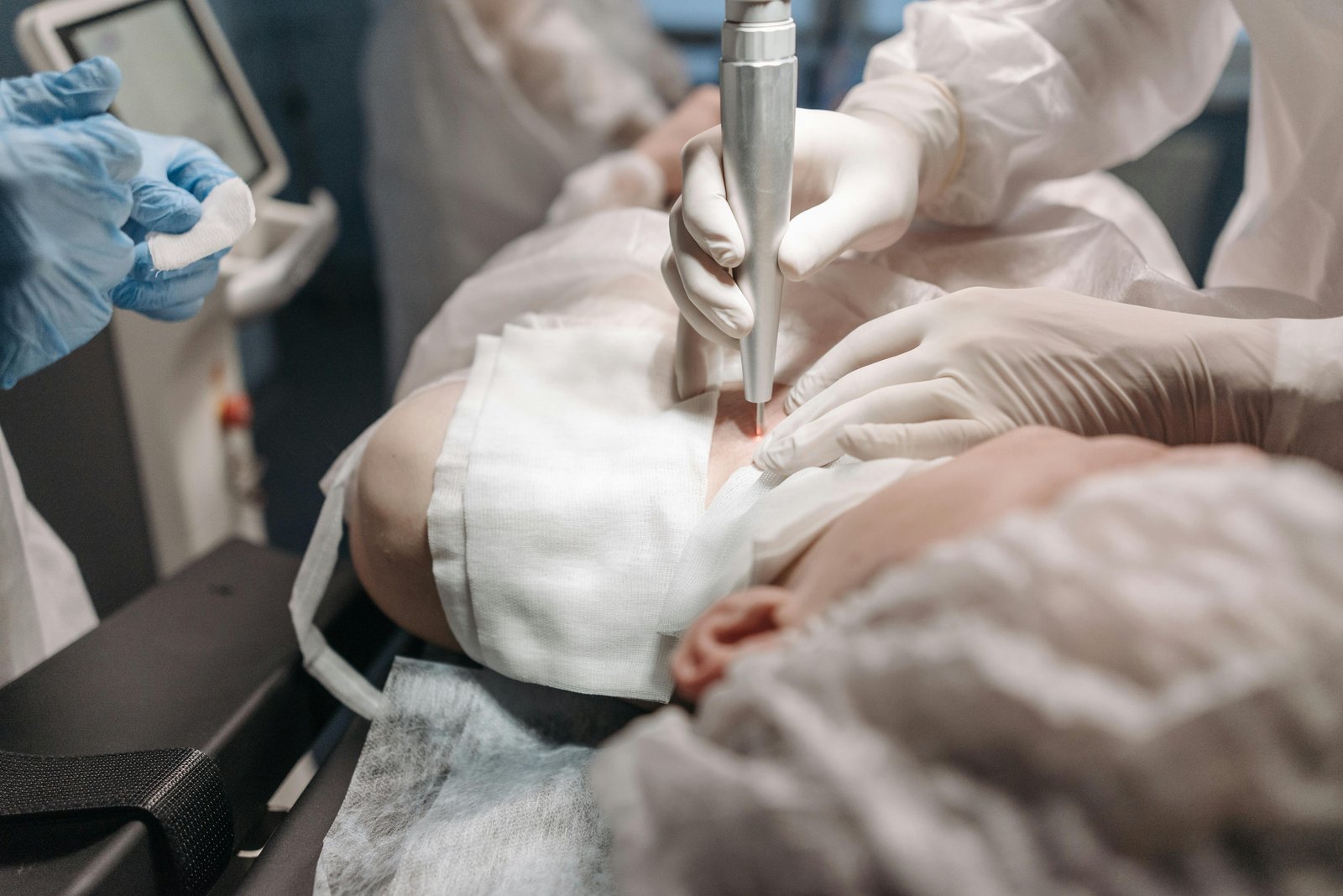
At the practice of Dr. Ajai K.S, we specialize in highly focused surgical interventions that aim to restore movement, sensation, and function in patients affected by nerve damage, trauma, or congenital challenges.
With advanced training in microsurgical techniques and a patient-first philosophy, we deliver personalized care across three core specialties.Whether you’re recovering from an accident, managing a long-standing nerve issue, or seeking to regain function after paralysis,our goal is to provide expert care that gives you your life back—safely, compassionately, and effectively.
What is nerve surgery?
Peripheral nerve surgery involves the diagnosis and treatment of nerve injuries outside the brain and spinal cord. These nerves control sensation, movement, and reflexes. Damage to these nerves—whether through trauma, compression, tumors, or iatrogenic causes—can result in pain, paralysis, or loss of function.
- Traumatic Nerve Injuries: From road accidents, falls, or penetrating wounds.
- Entrapment syndromes: Including carpal tunnel syndrome (median nerve), cubital tunnel syndrome (ulnar nerve), and tarsal tunnel syndrome (tibial nerve).
- Nerve tumors & neuromas: Benign growths like schwannomas or neurofibromas compressing nearby structures.
- Iatrogenic nerve injuries: Nerve damage following surgery or radiation.

What are the Surgical Techniques?
- Neurolysis: Releasing a nerve from surrounding scar tissue or compression.
- Direct nerve repair: Stitching ends of a cut nerve directly under a microscope.
- Nerve grafting: Using a segment of another nerve (commonly the sural nerve) to bridge gaps.
- Nerve transfers: Rerouting a nearby healthy nerve to restore function in a paralyzed area.
How long is the recovery?
Patient Experience & Recovery:
- Post-op swelling and tingling are common and gradually subside.
- Patients may require splints or braces temporarily.
- Regeneration starts slowly—about 1 mm/day—so recovery is gradual.
- Physiotherapy begins 2–3 weeks after surgery to restore function and prevent stiffness.
Recovery Period:
- Surgical wound healing: 2–4 weeks
- Nerve regeneration: 6–12 months
- Regeneration starts slowly—about 1 mm/day—so recovery is gradual.
- Functional gains depend on the timing of surgery, age, and extent of damage.
Frequently asked questions
If you're experiencing persistent numbness, tingling, weakness, or loss of muscle function after injury or repetitive strain, consult a specialist. Surgery is recommended if conservative treatment fails or if nerve continuity is disrupted.
Discomfort is mild and well-managed with medications. Surgery is performed under regional or general anesthesia, and most patients go home the same or next day.
Yes, physical therapy is crucial for regaining strength, coordination, and range of motion. It starts shortly after surgery and may continue for several months.

